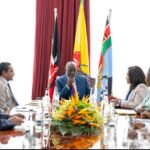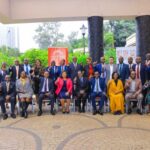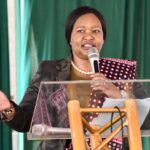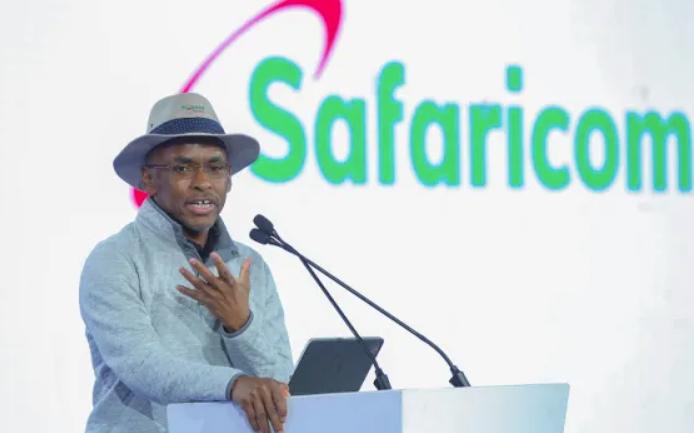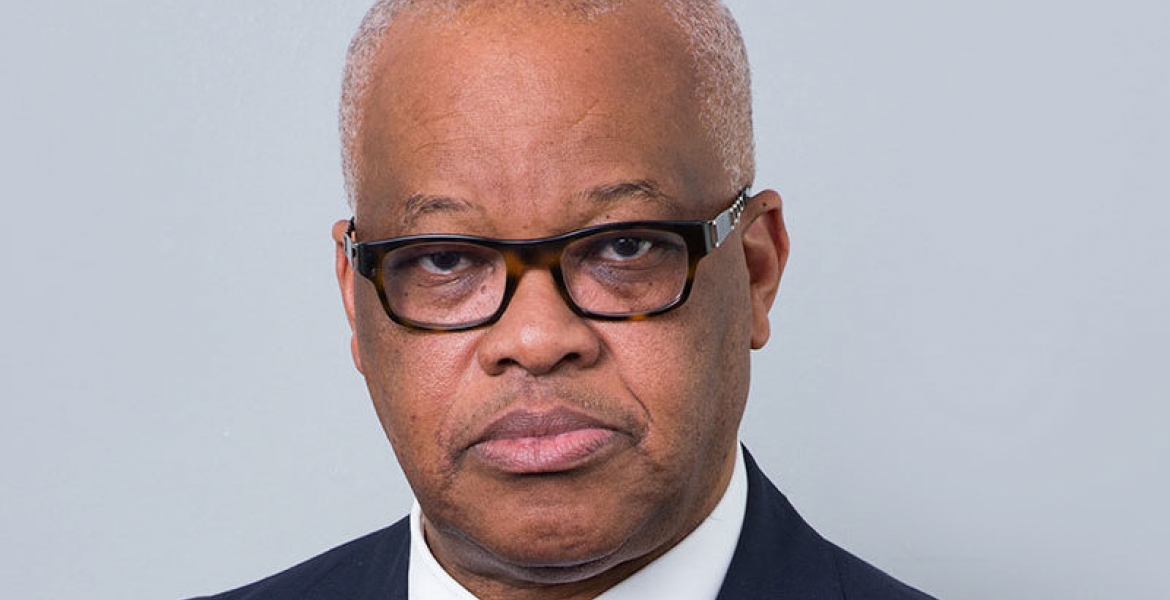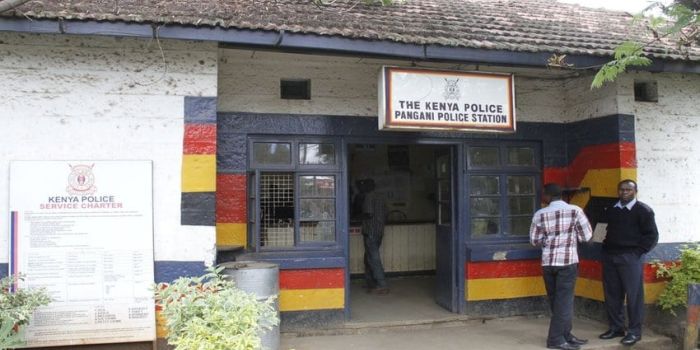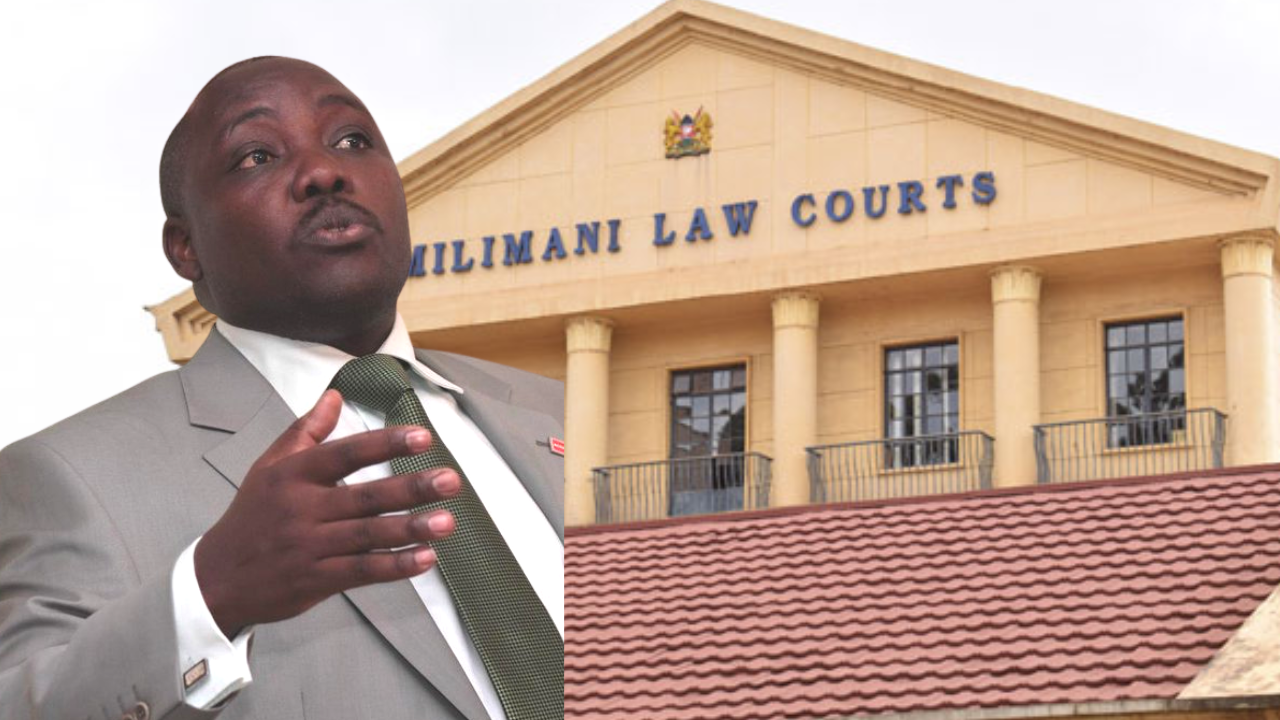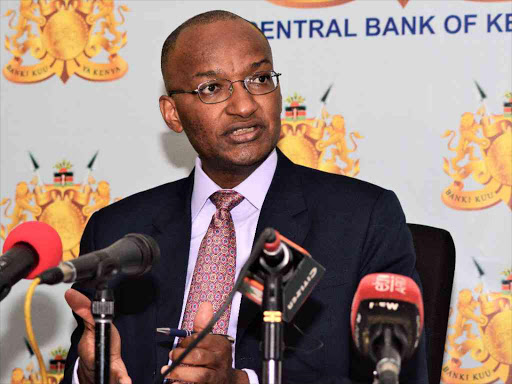A special report by the Auditor General has revealed how a company belonging to the former Mombasa Governor Hassan Joho was in 2018 awarded a contract on concessionary terms to operate at the inland cargo terminal in Nairobi based on forgeries of board resolutions by the then-acting Kenya Railways Corporation (KRC) managing director.
Autoports Freight Terminal Limited sought concessionary lease terms after being allowed to set up at the Nairobi Freight Terminal (NFT) which is funded by the tax payer’s money. The flawed contract was similar to the ones awarded to Grain Bulk Handlers Limited (GBHL), which had set up its own facility in Athi River.
Joho’s firm wanted to pay a discounted freight tariff of $450 per wagon of 60 tons for a period of 10 years, waivers of stand premium and annual rent premium for 10 years, automatic renewal of its 45-year lease and a termination clause period of 24 months.
But the KRC board voted against these waiver appeals, arguing that they were only available to firms setting up their own greenfield facilities and not those using existing terminal facilities developed with public funds.
The Auditor General’s report further revealed that the then acting KRC managing director who facilitated the flawed process wrote to the Transport CS lying that the board had approved the appeal by Autoports as he forwarded forged resolutions of the board.
“A letter from the acting MD (Ref: KRC/CS/MD/3/388) dated December 14, 2018, addressed to and received by the CS for Transport on December 17, 2018. The content of the letter misguided the CS that the board approved all the conditions of Autoport’s appeal and was requesting for the CS’s approval. The special audit did not obtain any official written correspondence from the CS responding to this request,” says the Auditor-General in the report.
“A letter was then sent to Autoports by the acting MD (Ref: KRC/CS/MD/3/338) on the same day communicating a resolution of the board and indicating concurrence by the CS contrary to the actual events.” the report reads in part.

The reports says that the Attorney-General offered legal advice to KRC that it could not legally lease without utilizing the provisions of the PPP Act because NFT was built with taxpayer money and did not require any further investment by the company leasing it.
Autoports then resorted to piling pressure on KRC to give it exclusive rights to use of the freight terminal strategically located at the SGR terminal in Syokimau to lock out competitors in the sector.
The firm was also awarded preferential deal to transport cargo from Mombasa to Nairobi over a 10-year period at 80% discount. The deal was against the maximum volume discount of 10% allowed in the corporation’s tariff book.
But Joho has not only been on the spotlight over fake business papers, his academic papers have also been in question.
In 2017, the Kenya National Examination Council (KNEC) revealed to the world that Joho’s secondary school certificate is fake.
KNEC’s chief executive, Ms Mercy Gathigia Karogo, wrote to the then Director of Criminal Investigations, Mr. Ndegwa Muhoro, explaining that they had established that the “purported” copy of results slip Joho presented to the council for authentication was a forged document.
“Following your request for verification and confirmation of examination results Joho Hassan Ali results slip as per the letter referenced CID/SEC/4/4/3 dated 25th January, 2017… Joho Hassan Ali did not register nor sat for the year 1992 KCSE examination at Serani Secondary School under index number 160092024,” Ms Karogo letter read in part.
The flashy politician has battled questions on the authenticity of his academic qualifications with several court cases being brought against him from the time he became the governor of Mombasa County.
His two degrees, one from Kampala International University in Uganda and another from Gretsa University are all fake.
